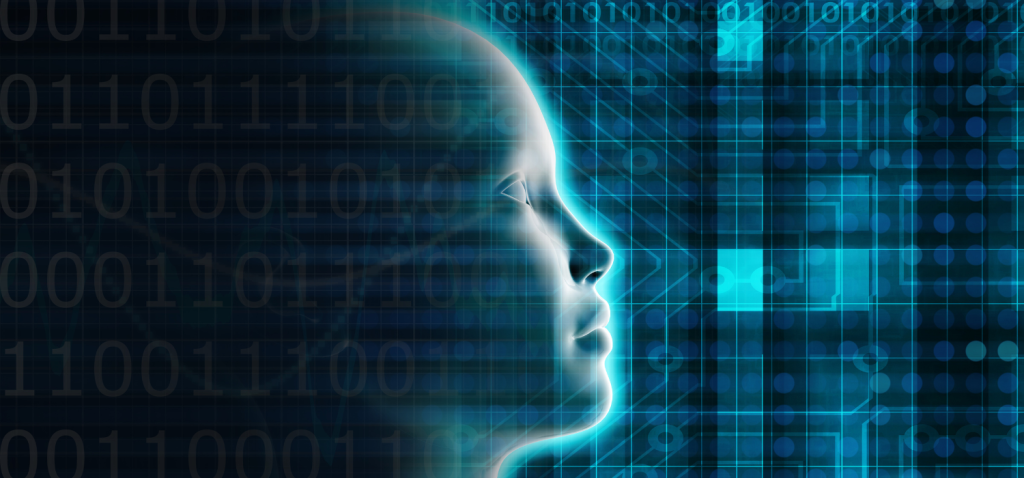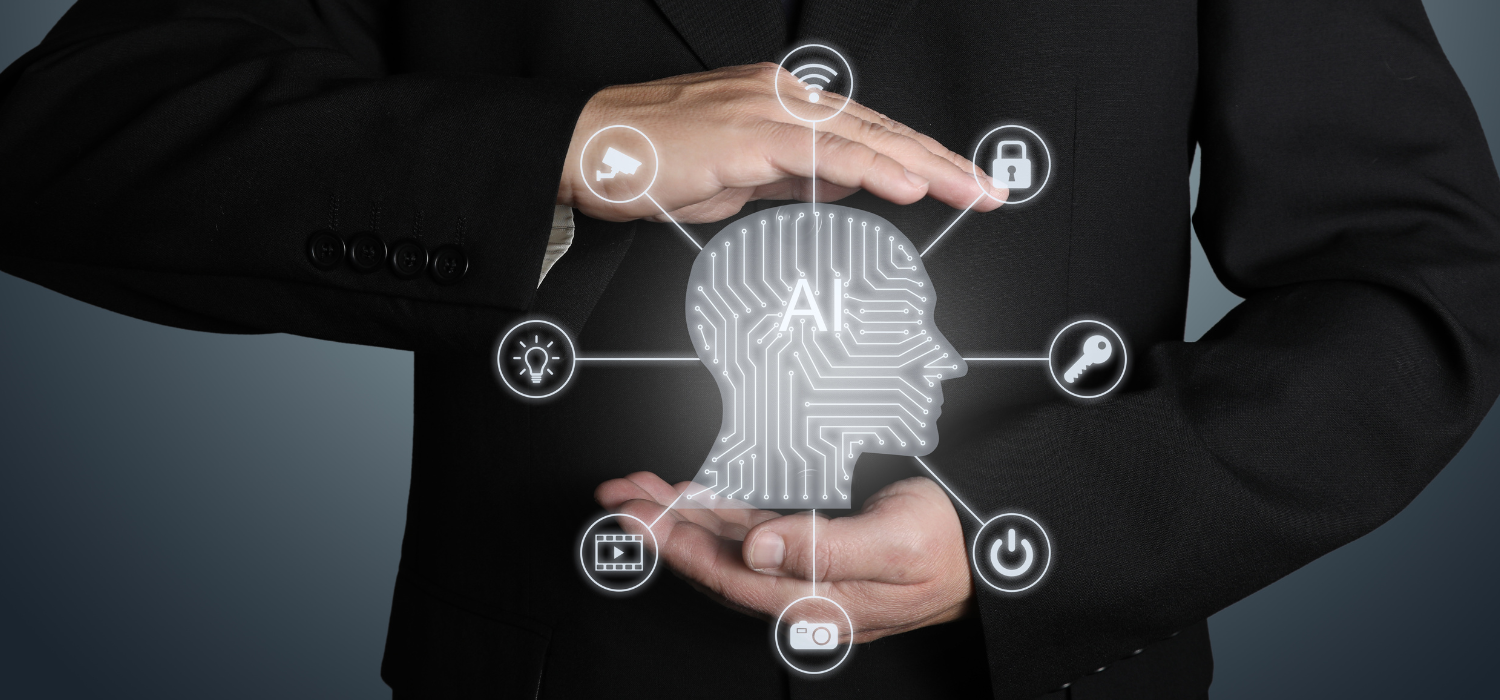Understanding Artificial Intelligence: Definition, Evolution, and Its Applications
Lately, Artificial Intelligence (AI) has become an integral part of our daily lives. The efficiency offered by AI makes it a smart solution to simplify various tasks that previously took a long time to complete. However, do you actually know what Artificial Intelligence is? How has its evolution journey been? And how is AI applied in our daily lives? So, let’s delve deeper into what Artificial Intelligence actually means.
Dig Deeper to Understanding Artificial Intelligence (AI)
Artificial Intelligence (AI), or artificial intelligence, is a field in computer science that focuses on creating intelligent machines capable of performing tasks that typically require human intelligence. The term AI was first introduced in 1956, and since then, this technology has developed significantly. AI involves aspects such as learning, reasoning, perception, natural language processing, and adaptation. This technology applies algorithms and data to mimic human cognitive abilities, including decision-making and problem-solving.
The Evolution of Artificial Intelligence

The Origins and Development of AI
The journey of AI began with theories and experiments in the fields of computer science, mathematics, and psychology. Initially, AI was only focused on simple tasks such as playing chess and solving puzzles. However, over time and with technological advancements, AI began to be used for more complex tasks, including speech recognition, machine learning, and robotics.
AI in the Modern Era
In the modern era, AI has become a vital part of various sectors, ranging from banking to healthcare. AI assists in analyzing big data, pattern recognition, and making accurate predictions. By utilizing AI, companies can enhance efficiency, reduce costs, and offer more personalized services to customers.
ALSO READ: Don’t Miss the Opportunity: How to Use CHAT GPT to Write a Job Application Letter
Applications of Artificial Intelligence in Everyday Life
The Use of AI in Healthcare
Artificial intelligence (AI) holds great potential in the healthcare industry, influencing various aspects of medical science. Here are some examples of its applications:
- Diagnosis and Treatment
AI can assist in diagnosing diseases and recommending treatments by analyzing patient data and medical records. The utilization of Artificial Intelligence in diagnosis and treatment represents a significant breakthrough in the medical world.
With its ability to process and analyze large datasets, AI can provide more accurate and rapid insights in determining the type of disease and the most appropriate treatment, aiding doctors in delivering more effective and personalized care to patients.
- Medicine Discovery
AI can assist in identifying new drug candidates and predicting their efficacy, thereby reducing time and costs in drug development. The presence of AI in the drug discovery process brings a significant impact in accelerating and streamlining pharmaceutical research.
With advanced analytical and predictive capabilities, AI not only accelerates the discovery of new drugs but also increases the likelihood of success in their development. This means that AI has significant potential to expedite the healing process and improve public health overall.
- Medical Image Processing
AI can analyze medical images, such as X-rays and Magnetic Resonance Imaging (MRI), to detect abnormalities and assist in the diagnosis process. The use of AI in medical image processing revolutionizes the way diagnoses are conducted.
With the sophistication of AI technology, medical image analysis becomes faster and more accurate, enabling early detection of abnormalities or diseases. This not only improves efficiency in the diagnostic process but also provides better opportunities for patients to receive timely and appropriate care.
- Patient Monitoring
AI can monitor patient data in real-time, providing alerts to healthcare providers about potential issues and improving patient care outcomes.
The role of AI in real-time patient monitoring is a significant step forward in improving the quality of healthcare. With advanced AI capabilities, healthcare providers can proactively identify and respond to health issues before they escalate into more serious conditions.
Furthermore, this not only aids in saving lives but also ensures that patients receive more effective and personalized care, ultimately contributing to better treatment outcomes.
The Use of AI in Education
Artificial Intelligence (AI) has various applications in the field of education. AI offers innovative solutions to enhance learning, assist educators, and streamline administrative tasks. Some applications of AI in education include:
- Personalized Learning: AI can adapt to the needs of each student, providing customized learning experiences and targeted support. This allows for a more focused approach on the needs and abilities of individual students, enhancing the effectiveness of the learning process in a more interactive and relevant manner.
- Task Automation: AI can automate administrative tasks, such as assessments and educational resource management, providing educators with more time for personalized instruction. With the automation of administrative tasks, educators can allocate more time and resources to direct interactions with students, enhancing the quality of learning.
- Smart Content Creation: AI can generate and curate educational content, making it easier for educators to access and utilize high-quality resources. Smart content creation can streamline the process of developing learning materials, ensuring educators have access to informative and up-to-date resources.
- Adaptive Learning: AI can analyze student performance and provide personalized learning paths, ensuring each student receives the support they need to succeed. AI-based adaptive learning offers a more personalized and responsive approach to students’ learning needs, supporting the achievement of optimal learning outcomes.
- Plagiarism Detection: AI can assist educators in identifying plagiarism in student assignments to uphold academic integrity standards. The implementation of AI in plagiarism detection enhances academic integrity standards and helps students develop ethical and responsible writing habits.
- AI Chatbots for Student Support: AI-powered chatbots can provide instant support and information to students, enhancing the overall learning experience. AI chatbots offer quick and efficient assistance, enriching students’ learning experiences with easy access to necessary information and support.
AI in Business and Industry
AI itself does have various uses in businesses across different sectors. With the data it possesses, AI can be very useful in developing businesses for business owners. Here are some examples of AI applications in business and industry:
- Customer Service: AI can automate responses to many common administrative or technical questions from customers. This can improve response time and reduce costs. Automating customer service through AI not only speeds up handling customer inquiries but also reduces operational costs, enhancing service efficiency.
- Invoices and Billing: AI can automate invoice and billing processing, reducing the workload on the accounting department. By automating invoice and billing processing, AI facilitates company financial management, improving accuracy and efficiency in financial handling.
- Social Media: AI can analyze social media data to identify trends, monitor brand reputation, and engage with customers. Social media analysis by AI helps businesses understand customer behavior and market dynamics, which are crucial for marketing strategies and brand development.
- Market Prediction: AI can analyze market data to predict trends and forecast demand. With this capability, businesses can make data-driven decisions. In conducting market predictions, AI provides valuable insights to assist businesses in strategic planning and decision-making.
- Human Resources: AI can assist in recruitment, employee engagement, and performance management, simplifying tedious tasks and freeing up employees’ time for other strategic areas. The application of AI in HR strengthens recruitment processes and employee management, enhancing productivity and operational efficiency.
- Marketing: AI can provide personalized content recommendations, customer segmentation, and predictive analytics, enhancing customer engagement and satisfaction. AI in marketing enhances the personalization and relevance of campaigns, contributing to customer satisfaction and increased sales.
The Challenges and Future of Artificial Intelligence

Although AI offers many benefits, it also faces challenges such as data privacy issues and AI ethics. This impacts job displacement, which remains a concern. In the future, AI development is expected to focus more on building ethical, secure, and transparent systems. Here are some key challenges and impacts of AI:
- Data Privacy and Ownership
The use of AI in its development raises concerns about security and data ownership. In terms of data storage and usage, companies should ensure that candidate and employee data is handled in accordance with privacy regulations, such as the General Data Protection Regulation (GDPR).
In Indonesia itself, the government has issued Law Number 27 of 2022 concerning Personal Data Protection. This law regulates the principles; types of personal data; rights of personal data subjects; processing of personal data; obligations of personal data controllers and processors in processing personal data; transfer of personal data; administrative sanctions; institutions; international cooperation; public participation; dispute resolution and procedural law; prohibitions on the use of personal data; and criminal provisions related to personal data protection.
- The Impact on Jobs
AI has both positive and negative impacts. It is important to explore these aspects to gain a comprehensive understanding of the challenges and opportunities presented by AI (Jerry Yabez.D, 2023). However, AI also creates new job opportunities, especially in roles related to the development and maintenance of AI.
- Ethical Implications
Salah satu tantangan untuk pengembangan AI di masa depan adalah isu perihal implikasi terhadap etika penggunaan AI itu sendiri. Setidaknya ada enam poin isu etika dalam pengembangan, penyediaan dan penggunaan AI;
- Transparency
- Bias
- Privacy
- Responsibility
- Social Impact
- Value
It is important to ensure that AI tools are used transparently, free from bias, store and safeguard user privacy, are responsible for the data they use, and have a tangible social impact on the provision and use of AI, as well as providing positive value from it.
Conclusion
So, do you understand what artificial intelligence means? Indeed, AI has become a crucial part of technological advancement today. By gaining a deeper understanding of what artificial intelligence is and its remarkable capabilities, AI not only transforms the way industries and businesses operate but also has a significant impact on everyday life. Nonetheless, it’s important to continue considering the ethical and social aspects in AI development.
Understanding how artificial intelligence works to stay updated with technological advancements. Looking to expand your network easily? Gotap.id, a provider of digital business cards, offers advanced solutions with digital technology to enhance your business interactions. Visit Gotap.id now to begin the digital business transformation with innovative and efficient digital business cards!
Ready to upgrade your networking game with GOTAP? Start today and leave a lasting impression in every meeting. Join the future of networking now!


